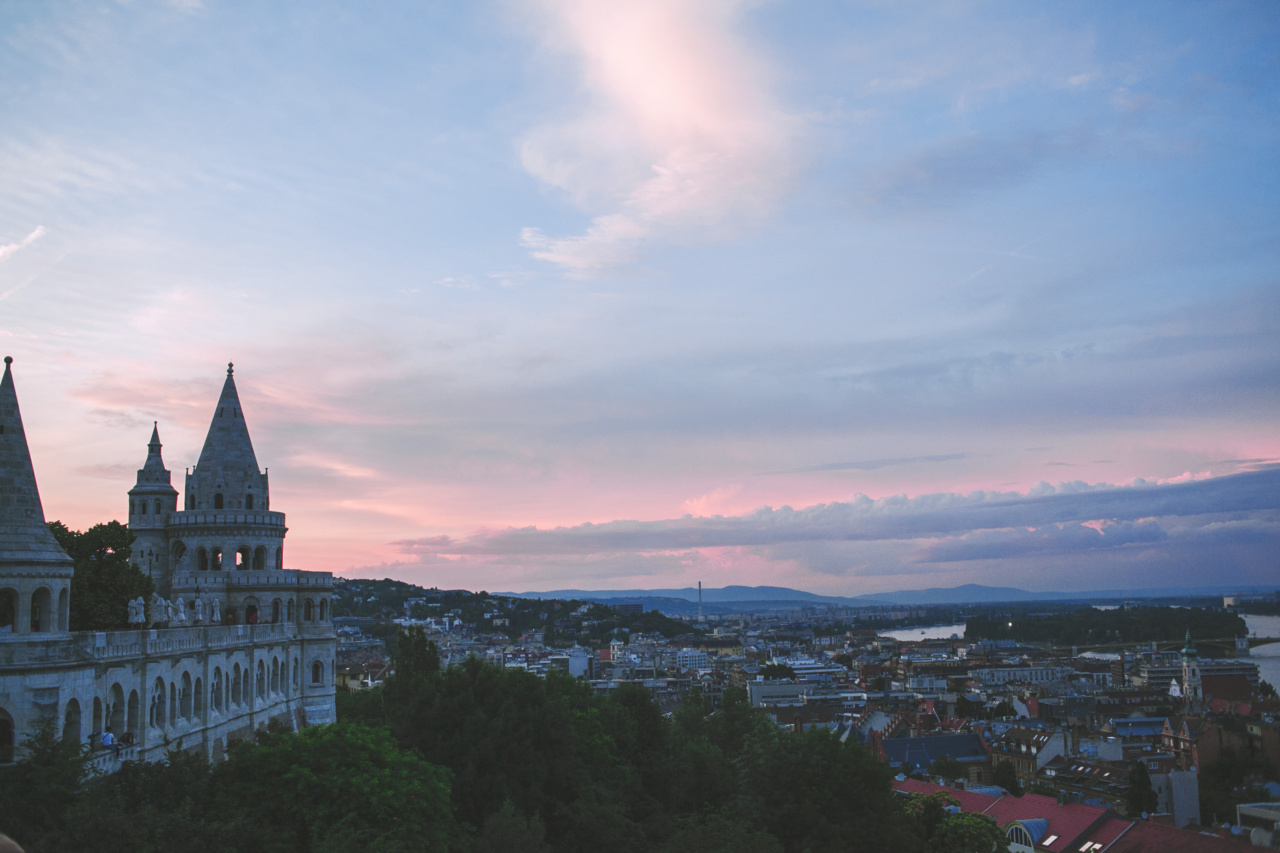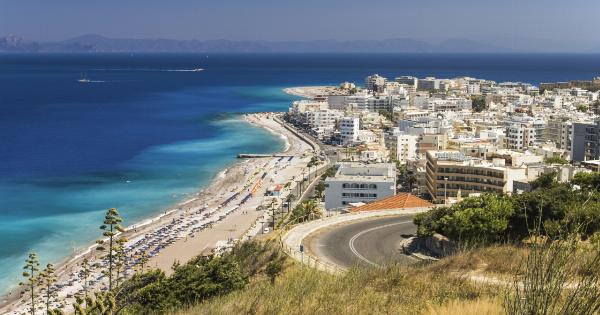The Mediterranean region has long been hailed as one of the most culturally rich and historically significant areas in the world.
From the ancient civilizations that once flourished on its shores to the diverse and vibrant cultures that exist today, this region is truly a treasure trove of heritage. As the cradle of Western civilization, it has witnessed the rise and fall of empires, the birth of ideas, and the shaping of our modern world. But what is it that makes the Mediterranean such a powerful guardian of heritage?.
A Melting Pot of Civilizations
Throughout history, the Mediterranean has been an intersection of diverse civilizations. It has seen the rise and fall of great empires, such as the Greeks, Romans, Phoenicians, and Byzantines, who all left their mark on the region.
Each civilization brought its own unique customs, traditions, and architectural styles, which have been preserved and celebrated over the centuries. From the breathtaking ruins of ancient Greek temples to the awe-inspiring Roman amphitheaters, the Mediterranean is a living testament to the greatness of these civilizations.
Preservation of Ancient Sites
The Mediterranean is home to countless ancient sites that hold immense historical and cultural value. Recognizing their importance, efforts have been made to preserve and protect these sites for future generations.
Organizations like UNESCO have designated many Mediterranean sites as World Heritage Sites, ensuring their conservation and showcasing their universal value. These sites, such as the Acropolis in Athens, Pompeii in Italy, and Ephesus in Turkey, not only provide insights into our past but also serve as reminders of the need to protect and cherish our shared heritage.
Rich Artistic and Architectural Traditions
The art and architecture of the Mediterranean region is unparalleled in its diversity and beauty.
From the stunning mosaics of Ravenna to the intricate Islamic geometric patterns of Alhambra, the region’s artistic heritage is a testament to the creativity and skill of its past inhabitants. The Mediterranean has been a crucible of artistic exchange, with different cultures influencing and inspiring one another.
This cross-pollination of ideas and styles has given birth to masterpieces that continue to captivate and inspire people from all over the world.
Cultural Festivals and Traditions
The Mediterranean is known for its vibrant and colorful festivals and traditions. These celebrations provide a unique opportunity to experience the rich tapestry of cultures that call this region home.
From the extravagant carnival of Venice to the lively Flamenco festivals of Spain, the Mediterranean comes alive with music, dance, and food during these festivities. These events not only bring communities together but also serve as a platform for passing down traditions from one generation to the next, ensuring the continuity of cultural heritage.
Cuisine – A Gastronomic Delight
No discussion about the Mediterranean would be complete without mentioning its delectable cuisine. The Mediterranean diet is renowned for its health benefits and delicious flavors.
From the fresh seafood of Greece to the aromatic spices of Morocco, the gastronomy of the Mediterranean is a reflection of its diverse cultural influences. Olive oil, fresh fruits and vegetables, grains, and legumes are staple ingredients, all contributing to a balanced and flavorful cuisine that has stood the test of time.
Historical Trade Routes
The Mediterranean has always been a hub of commerce and trade. Its strategic location between Europe, Africa, and Asia made it a vital route for the exchange of goods, ideas, and knowledge.
The Silk Road, which connected Europe to Asia, passed through the Mediterranean, bringing with it exotic spices, silks, and precious gems. This trade network not only enriched the region economically but also facilitated the exchange of ideas and innovations, leaving an indelible mark on the cultures and societies of the Mediterranean.
Influence on Literature and Philosophy
The Mediterranean has been a source of inspiration for countless writers and philosophers throughout history.
From Homer’s epic poems, The Iliad and The Odyssey, to the philosophical musings of Plato and Aristotle, the region’s natural beauty, rich history, and cultural richness have provided fertile ground for creative and intellectual pursuits. The ideas and stories born in the Mediterranean have shaped the development of Western literature and philosophy, ensuring the region’s enduring legacy.
A Beacon of Tolerance and Coexistence
The Mediterranean has been a meeting point of different civilizations, religions, and cultures for centuries. It has long embraced diversity and served as a bridge between East and West.
The region’s history is marked by periods of coexistence and cultural exchange, where different communities lived side by side, influencing and enriching one another. Today, the Mediterranean continues to be a beacon of tolerance, promoting dialogue, understanding, and respect among its diverse inhabitants.
Challenges to Heritage Conservation
While the Mediterranean has been a staunch guardian of heritage, it is not without its challenges.
Urbanization, climate change, tourism pressures, and political instability have all threatened the preservation of the region’s cultural and natural assets. The influx of tourists and development projects have sometimes come at the expense of historical sites and traditional communities.
Climate change has posed a risk to coastal heritage sites, as rising sea levels and extreme weather events threaten their integrity. It is crucial for stakeholders to address these challenges and implement sustainable strategies to protect and preserve the Mediterranean’s rich heritage.
The Future of the Mediterranean’s Heritage
The Mediterranean’s heritage is a collective treasure that belongs to all of humanity. Preserving and safeguarding it is not only a responsibility but also an opportunity to learn from our past and shape a better future.
Collaborative efforts between countries, international organizations, and local communities are essential to ensure the conservation of this invaluable heritage. By celebrating and promoting the Mediterranean’s cultural diversity, investing in sustainable practices, and fostering dialogue and understanding, we can ensure that this bastion of heritage continues to shine for generations to come.































